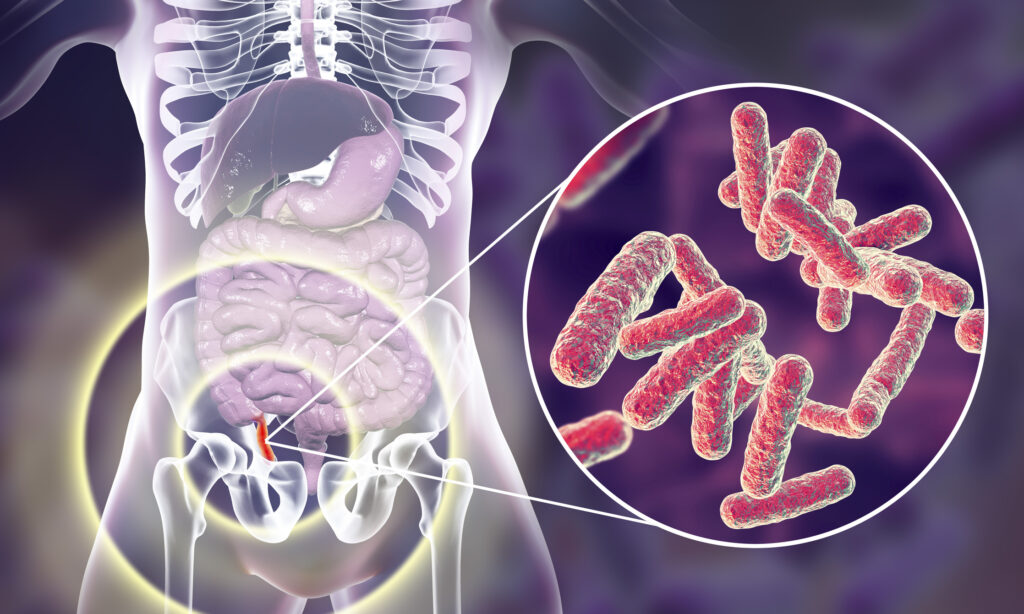
While some diseases have many of the same symptoms, there are other diseases that are also hard to diagnose. Whether it be that some symptoms may take a long time to be active or patients wait until their symptoms are so severe, its makes it hard to pinpoint what the actual disease is. This, in turn, makes it harder to create an action plan to fight the disease.
But the more we know, the more we can fight these diseases earlier to produce better and healthier outcomes for our friends and family. So we’ve compiled a list of diseases that you can have without knowing it.
1. Heart disease
There are several diseases linked to the heart. Heart disease can be hereditary, but it’s also something that can develop over time because of factors like unhealthy habits and aging. Heart disease can be fatal, but it’s unfortunately not always easy to spot. Symptoms can be atypical and not severe enough to signify a problem. By the time a person experiences serious symptoms, the heart could already be significantly damaged.
What To Do: Have regular cholesterol and blood-pressure checks to identify any possible risk factors that could cause heart disease. Have a clear understanding of your family’s medical history and mention to your doctor if heart disease runs in your family.
2. Colorectal cancer
Colorectal cancer (cancer of the colon) is difficult to detect without a colonoscopy. It’s one of those diseases that slowly creeps up on you because you don’t experience severe symptoms in the beginning. It can take several years for an abnormal polyp in the digestive system to develop into cancer. According to cancer.org, the survival rate for colon cancer is 90%, but only about four out of 10 colorectal cancers are found in time. When cancer has spread, survival rates are much lower. Symptoms usually start to manifest when the cancer has already spread. By then it may be too late for effective treatment.
What To Do: A healthy diet, weight, and exercise can significantly lower your risk for colon cancer. Do not hesitate to contact your doctor when you experience a random change in appetite, bowel movements, or any type of digestive problems.
3. Huntington’s disease
Huntington’s disease is a genetic disorder that causes the degeneration of nerve cells in the brain. This disease can be present without any symptoms, but by the time symptoms appear, it develops quite rapidly. In some cases, symptoms can start before the age of twenty in the form of learning disabilities and psychological problems. Huntington’s disease can be hard to diagnose.
What To Do: Prenatal testing is possible if you have any family member suffering from the disease and you are worried about the status of your unknown baby. To make a diagnosis, a doctor will also take a full medical and family history and do a clinical examination, involving physical and neurological evaluation.
Those who are at risk but do not yet have symptoms may choose to be genetically tested. Because there is no cure, and because such tests cannot predict the onset or severity of the disease, this decision should be carefully considered.

4. Deep vein thrombosis
Deep vein thrombosis (also called pulmonary embolism or DVT) occurs when a clot forms in the deep, larger, lower veins of the legs. This is the same disease that took the life of rapper Heavy D. Other stars like Serena Williams and Tisha Campbell also battle with it. This condition occurs when the blood pools in your legs or if your blood is prone to clotting. About half of the people who experience DVT have no symptoms until the clot forms and interrupts circulation, which can be fatal.
What To Do: Look out for persistent pain and swelling in one leg and be vigilant when you are going through long periods of inactivity, such as long-haul flights or bed rest after an operation.
5. Chlamydia
This sexually transmitted disease is one of the most common STDs and can present without symptoms for a while – in fact, 80% of women with chlamydia are unaware that they have it. If it’s so common and can go unnoticed, why is it serious? The answer is that untreated chlamydia can cause a host of health complications including infertility, reactive arthritis and pelvic inflammatory disease (PID).
What To Do: Be sure to practice safe sex which includes:
- using a condom every time you have vaginal or anal sex.
- using a condom to cover the penis during oral sex.
- using a dam (a piece of thin, soft plastic or latex) to cover the female genitals during oral sex or when rubbing female genitals together.
- not sharing sex toys.
6. Hepatitis
Hepatitis, an infection or inflammation of the liver can be acute (short-lived) or chronic. Acute infections usually don’t cause symptoms and go away without treatment. Some asymptomatic acute infections, though, turn into chronic hepatitis, which can cause liver cirrhosis and liver failure. And some people with acute Hepatitis A may become symptomatic feeling very sick, fatigued and jaundiced.
Hepatitis B and C, the two types of hepatitis that are most likely to cause long-term health problems, are caused by viruses that are spread via contact with blood and body fluids. A history of blood transfusions, injectable drug use, or healthcare work may increase your risk of hepatitis.
What To Do: If you are at risk for hepatitis infection, your healthcare provider can order blood tests to check for hepatitis. Treatment can decrease the risk of long-term complications and, in many cases, even cure the underlying infection.
7. Sleep Apnea
No, it’s not just people who snore. This condition—where you experience pauses in breathing while you sleep—has been linked to an increased risk of heart disease and type 2 diabetes.
Women are much less likely to be diagnosed with sleep apnea, and it’s usually because their symptoms are so much more subtle. Instead of snoring and extreme sleepiness during the day, they experience morning headache, mood disturbances, and a low-lying fatigue that’s easy to dismiss.
Another possible symptom: insomnia. “Women keep waking up in the middle of the night, and it’s because their pauses in breathing thrust them into an extreme state of arousal,” says Rose.
What To Do: See your doctor if you have any of the subtle signs above. You may need a referral to a sleep medicine specialist, who will have you do a sleep study where you’re hooked up to equipment that monitors your heart rate, breathing patterns, and blood oxygen levels. If you do have sleep apnea, your doctor will likely prescribe a CPAP, a machine that delivers air pressure through a mask placed over your nose while you snooze.









